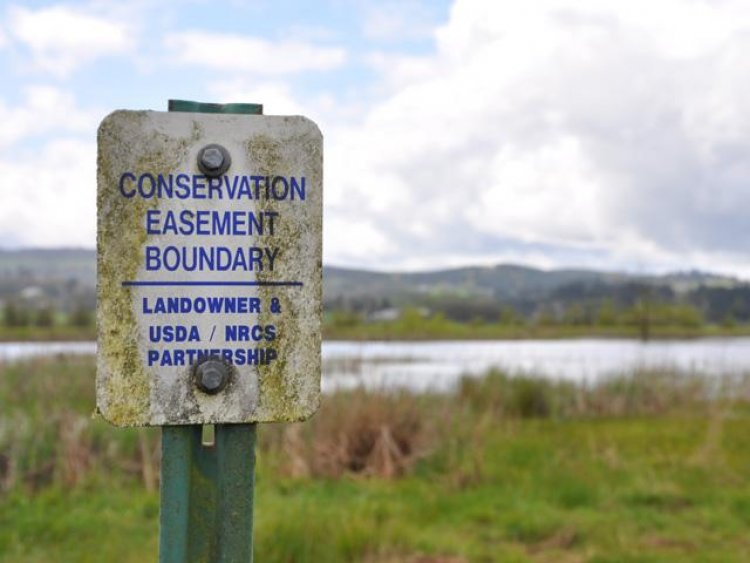Understanding Conservation Easements and Their Impact on Real Estate
Conservation easements play a crucial role in protecting valuable natural and cultural resources, but they also have implications for real estate owners and investors.

Conservation easements are legal agreements between property owners and land conservation organizations or government entities that restrict the development or use of a property to protect its natural, scenic, or historic features. These agreements are voluntary and are designed to preserve the environmental and cultural value of the land for future generations. In exchange for placing a conservation easement on their property, landowners may be eligible for tax benefits, such as income tax deductions or property tax reductions.
In Kenya, conservation easements play a crucial role in preserving the country's rich biodiversity, wildlife habitats, and natural landscapes.
One example of a conservation easement in Kenya is the Ol Pejeta Conservancy, which is a private wildlife conservancy located in Laikipia County. Ol Pejeta has entered into conservation easements with landowners in the area to protect critical wildlife corridors, endangered species, and important ecosystems. These easements help ensure the long-term conservation of the region's biodiversity and support sustainable land management practices.
Another example is the Lewa Wildlife Conservancy, which has established conservation easements with local communities to protect wildlife habitats and promote coexistence between people and wildlife. These easements help secure important wildlife migration routes, conserve endangered species such as rhinos and elephants, and support community-based conservation initiatives.
The impact of conservation easements on real estate can be significant. By placing restrictions on the use and development of a property, conservation easements can affect its market value and resale potential. Properties with conservation easements may be less attractive to buyers who are looking for unrestricted use or development opportunities. However, these properties may appeal to environmentally conscious buyers who value the preservation of natural resources and open spaces.
From a financial perspective, conservation easements can have both benefits and drawbacks for property owners. While the tax benefits associated with conservation easements can provide financial incentives for landowners to participate in conservation efforts, the restrictions imposed by these agreements may limit the potential for future development or income generation from the property. It is important for property owners to carefully consider the long-term implications of entering into a conservation easement before making a decision.
Overall, conservation easements in Kenya are essential tools for safeguarding the country's natural heritage, promoting sustainable land use practices, and ensuring the long-term conservation of its unique ecosystems. By working collaboratively with landowners, conservation organizations, and government agencies, Kenya can continue to protect its biodiversity and natural resources for future generations.
Conservation easements play a crucial role in protecting valuable natural and cultural resources, but they also have implications for real estate owners and investors. Understanding the terms and implications of conservation easements is essential for property owners who are considering participating in conservation efforts. By weighing the benefits and drawbacks of conservation easements, property owners can make informed decisions that align with their conservation goals and financial objectives.
If you have a real estate press release or any other information that you would like featured on the African Real Estate Blog Post, do reach out to us via email at [email protected]

































